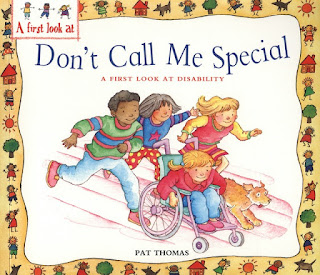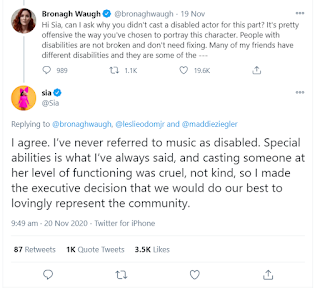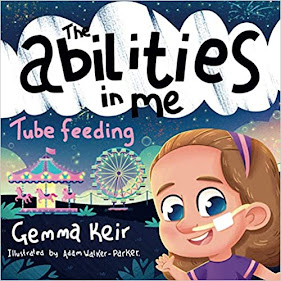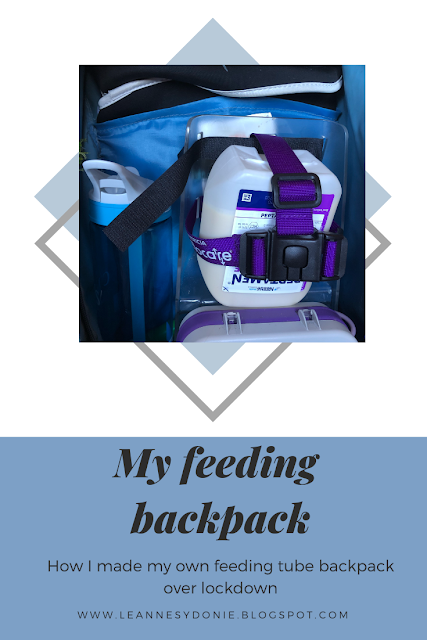Dis-Ability, 'Special Abilities', and Toxic Positivity
In this piece I discuss the controversy of the movie 'Music' created by Sia. I am not trying to speak for the autsitic community, and I am using it to lead into a general discussion of toxic positivity. Please, take a look at the #ActuallyAutistic threads on this matter.
-
The singer Sia has recently come under fire for the portrayal of non-speaking autism in her new film, ‘Music’. The description on IMDB reads:
“Zu is newly sober when she receives news that she is to
become the sole guardian of her half-sister named Music, a young girl on the
autism spectrum. The film explores two of Sia's favorite themes: finding your
voice and creating family.”
But Sia also showed toxic positivity in her twitter rampage: the point of this blog post. Sia Tweeted “I’ve never referred to (the primary character) as disabled. Special abilities is what I’ve always said.”
Imagine a non-speaking autistic person - you probably know someone you can picture. They are still a person, not a shell of a person or a half person. They can think, and care for their loved ones, and laugh, and feel things- and they face the biggest barriers in society. And now see that experience being used as inspiration porn, played by a person who has never faced those barriers. It’s insensitive indeed. I cannot speak for the autistic experience, and certainly not the non-speaking experience. Many of my loved ones: my sister and many close friends are actually autistic. But I myself have no idea what that experience is truly like, nobody ever can. You cannot read about or be an outsider to an experience and think that you truly understand the intricacies of that. So for more discussion on Sia's shitshow, I direct you towards #ActuallyAutistic, and in particular these non-speaking and partially speaking autistic people: accounts complied by @AspieHuman - [link to thread]
However, I will speak about ‘special abilities’ and toxic
positivity. Which as Sia, someone ‘in’ the disability community with a diagnosis
of Ehlers-Danlos Syndrome should recognise. (Sia has the condition that caused
all of my problems, landed me in muscle building therapy at Great Ormond Street,
and is linked to Gastroparesis, the reason my stomach is useless.) These are issues we have been fighting against in the disabled community for years; disability is not a positive thing. In it's very nature, it is taking something away from us that able-bodied and neurotypical people have. We cannot do what such a 'normal' person does because we aren't able to. And that isn't cute-sy or inspirational in the slightest.
My Disability took away my ability to enjoy food. My
disability takes away my ability to stand in the shower. My disability traps me
inside my own brain, in a body that doesn’t do what I need it to. My disability
is not a special ability: because there is nothing exciting or special about
being kept alive by artificial nutrition. My disability is not a special
ability, because the brain fog that means my memory is poor means that by
revision time, I’m in tears because I can’t remember what lecture discussed what.
My disability has given me nothing, of itself. I am now more passionate about
diversity and equality, I am more radicalised politically, I am more
compassionate for others, and I can support others. But these are things that
can happen for any reason. Having basic human functions taken away and being
demonised by society is not a ‘special ability’. There is nothing special about
the disabled experience: it is painful, it is upsetting, our rights are always
at risk and we are constantly overlooked. Even in diversity schemes, disability
networks are an afterthought for many workplaces when compared to racial and
LGBTQ diversity: the most obvious ‘diversity’. Applicable to the able-bodied
and the neurotypical. What do you mean there’s a disabled lawyer here?
And viewing disability as a ‘special ability’, is part of
the awful toxic positivity that surrounds disability. ‘She overcame her disability!’
‘Even though he’s disabled, he makes a good point’, ‘you are more than your
disability!’, ‘I am so proud of these struggles, you’re so strong!’ We’ve all
heard one of these. And if we haven’t, we’ve felt the pressure to live up to
these. We want to overcome our disability; we want to be productive. We want to
do the full-time course, when really the part time course is better suited. We want
to make the able community feel good. Like they're doing enough. It isn't their fault we need accommodations, no; we're doing fine, no issues, cheers.
I’ve seen this attitude rooted in capitalism, and I agree.
But to bring it to the bare bones, this attitude is ableist. Why do we
have to overcome our disability and not live beside it? Why do we have to be
productive on days our bodies need to rest? Why do we have to be inspirational
people when it would be a lot easier to fall by the wayside, and to be looked
at with pity instead of pride?
To put this into perspective: I could stop aiming for a
career. It would be a lot easier on me and my health to go home and live simply
supported by my family. Would that be inspirational, or would that be such a
shame that I had to leave? A waste of talent? Foreseeable?
And what makes this worse is that is it a societal reaction to
disability. It’s not just Sia, or your parents: everyone, to some extent, want
to diminish the disabled experience. It’s uncomfortable to think of people who
need carers. Of people who can’t speak and look a bit strange. Can those people
work in an enterprise? Amazing. Brilliant. It’s great to get them out the house!
What a fantastic opportunity! See, these people can work for a little bit of money
despite their disabilities. It is more applicable to say that we live
alongside our disability. We work alongside the disability.
It's being called Special Needs, instead of additional support. It's going to an identifiable 'special' place at break and lunchtime. Even when we try to distance ourselves from these terms, it follows us. And as with anything, the terms people hear are the terms they continue to use. That's not to say that being called special is anything better than being called the 'r' word- in my view, both are unacceptable; even though only one is a recognised hate crime. [Please, stop using the r word. I've noticed a rising number of young teens using the word, and I'll state again, it's literally a hate crime];
 |
| A collection of Children's books about disability. Does toxic positivity have a place when we speak to children about their conditions? And yes, there's a "The Abilities in Me" book about Autism. |
Yet Sia’s attitude, despite *having such a disabling condition herself* shows how she really views disability: as a weakness. She’s got access to top medical care. She doesn’t want to be stopped by her own condition. Cool; but not everyone has such. You can still be ableist if you have a disability: indeed, I would say we all grapple with internalised ableism towards ourselves to some extent. But there is a difference in being scared of using disability aids personally, and sprouting your toxic opinions across twitter towards an already particularly marginalised and mistreated group. There is simply nothing special about the disabled experience.
And whether it is the place for a non-autistic
person to create a film about autism and caring for autism when she herself is
not a carer, I cannot say. The film is reportedly a ‘love letter’ to her non-speaking
autistic friend.
But certainly, her twitter reaction to valid concerns from autistic folk is no
love letter.







Comments
Post a Comment